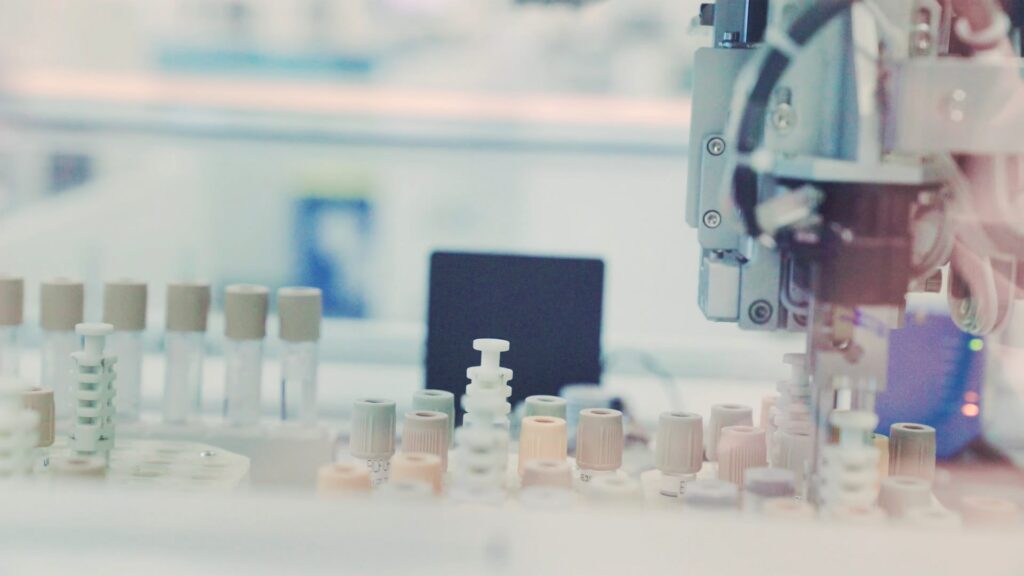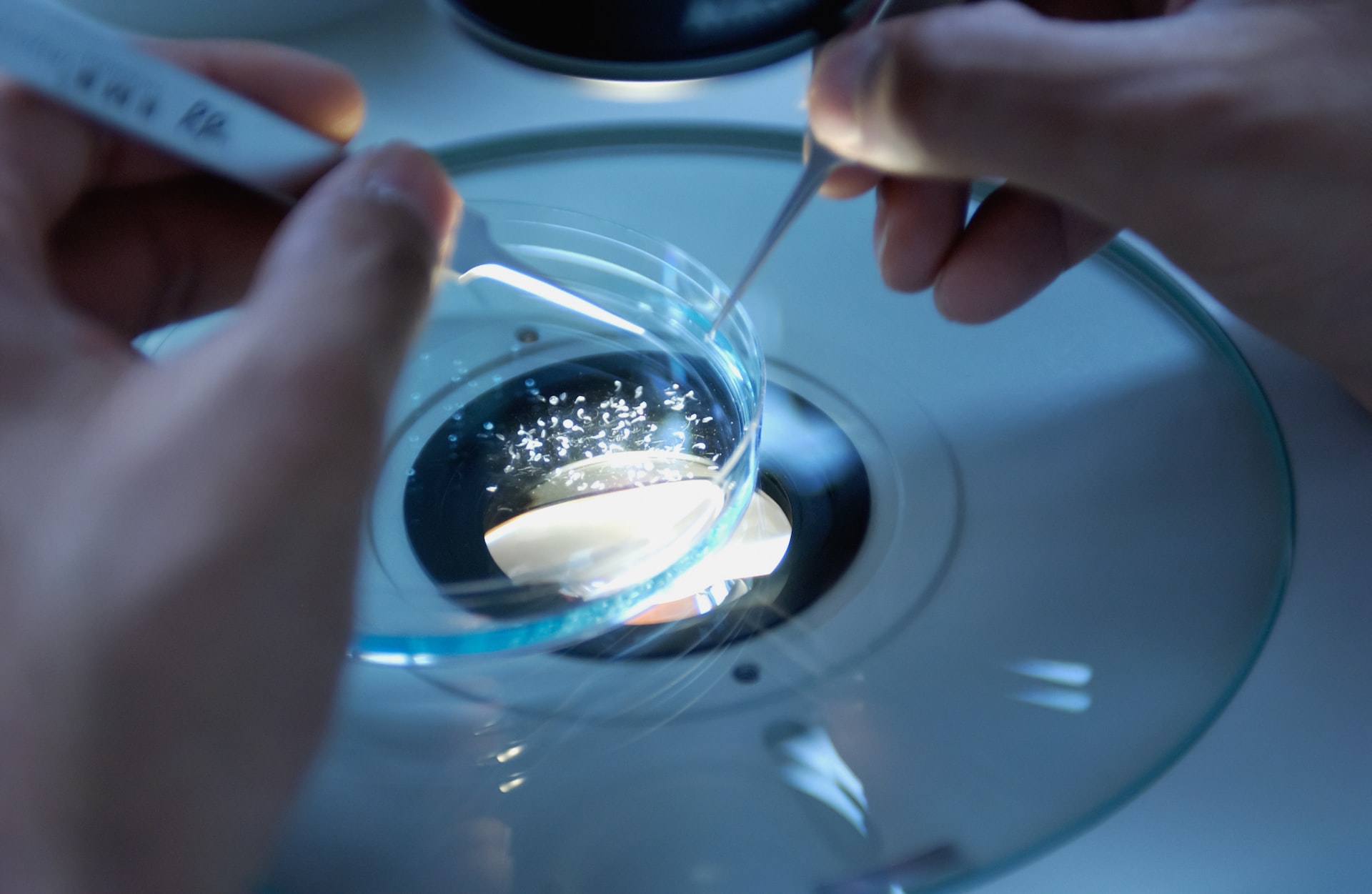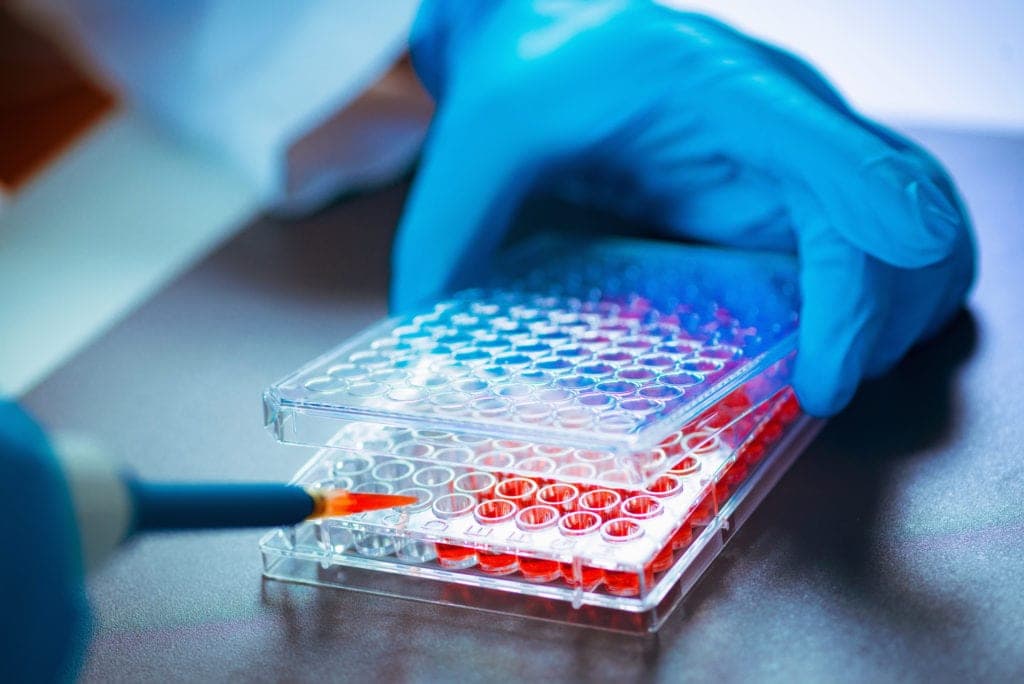Human insulin (humulin) obtained through recombinant DNA is already in active use. Cloned human insulin genes were injected into a bacterial cell, where it began synthesizing a hormone that natural microbial strains never synthesized. Since 1982, companies in the U.S., Japan, Great Britain, and other countries have been producing genetically engineered insulin.
In addition, several hundred new diagnostic drugs have already been introduced into medical practice. Among the drugs in clinical trials are drugs potentially treating arthritis, cardiovascular disease, cancer and AIDS. Among the several hundred genetically engineered companies, 60% are involved in the development and production of drugs and diagnostics.
"In medicine today, among the achievements of genetic engineering we can highlight cancer therapy, as well as other pharmacological innovations - stem cell research, new antibiotics that target bacteria, treatment of diabetes. It is true that all this is still at the research stage, but the results are promising,"







